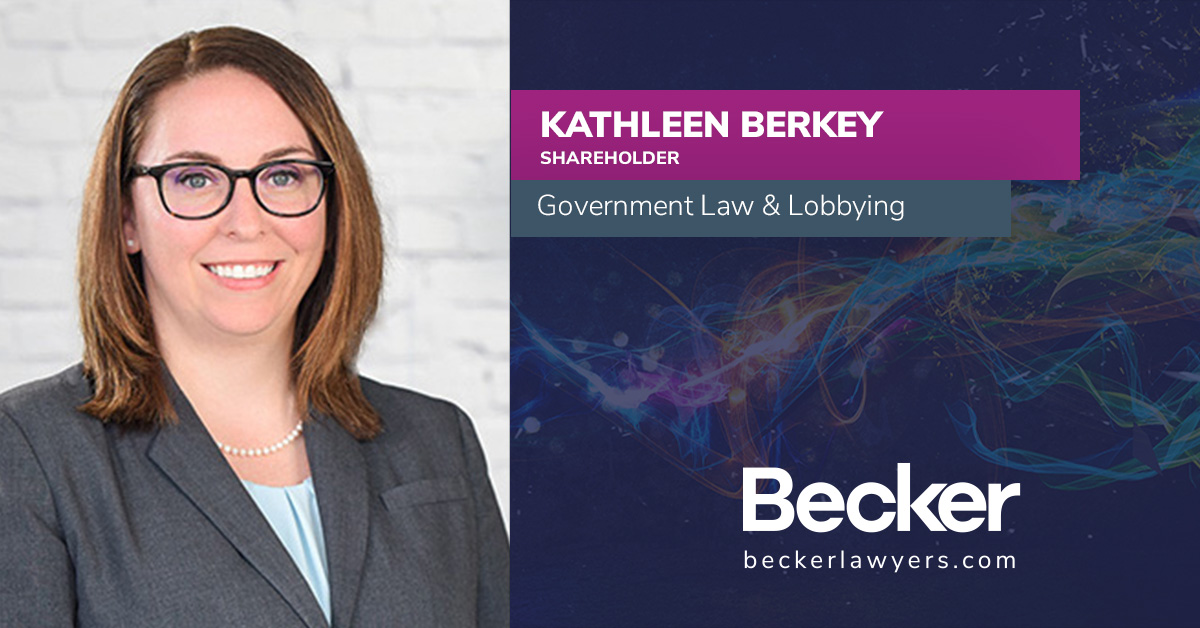
Court Says Condominium Associations Must Hire Attorneys
The Florida Supreme Court recently dealt a blow to Condominium and Homeowner Association Boards when the Court issued an advisory opinion ruling that a number of tasks that community association managers routinely have performed must be performed by licensed attorneys. Association boards preferred that these tasked be completed by their paid managers or, in smaller associations, by board members themselves so as to save the cost of legal fees. However, the Court upheld the proposed opinion of the Florida Bar’s Standing Committee on the Unlicensed Practice of Law ruling that many of these tasks constitute the unlicensed practice of law. In some cases, the Court muddied the waters and left some tasks up for interpretation as to whether a manager would be performing a ministerial task or practicing law without a license.
In 1996, the Court confirmed that 6 activities performed by managers did in fact constitute the unlicensed practice of law and must be performed by attorneys. These tasks were:
-
- Drafting claims of lien and satisfactions of claims of lien;
- Preparing notices of commencement;
- Determining the timing, method and form of giving of notices of meetings;
- Determining the votes necessary for certain actions by community associations;
- Addressing questions asking for the application of statutes or rules; and
- Advising community associations whether a course of action is authorized by statute or rule.
In 2012, the Florida Bar’s Standing Committee on the Unlicensed Practice of Law issued an advisory opinion and asked the Court to review these 6 activities and 14 more. The Court adopted the Committee’s opinion upholding the 1996 opinion that the 6 activities continue to constitute the unlicensed practice of law and must be performed by attorneys.
The Court found that while managers and board members and other association volunteers may continue to perform day to day administrative tasks, the following tasks must be performed by qualified attorneys and barred even licensed community association managers from performing them:
-
- Drafting amendments and certificates of amendment that are recorded in the official records to declarations of covenants, bylaws and articles of incorporation when Members have to vote on these documents;
- Modifying limited –proxy forms promulgated by the state;
- Drafting pre-arbitration demand letters;
- Preparing, reviewing, drafting and having substantial involvement in preparing and executing contracts including construction, management and cable television contracts;
- Preparing construction lien documents (e.g., notice of commencement, lien waivers); and
- Overseeing any activity that requires statutory or case law analysis to reach a legal conclusion.
The Court held that the following 3 tasks do not constitute the practice of law and could be performed by managers and volunteers:
-
- Preparing certificates of assessments due once a delinquent account is turned over to the association’s lawyer;
- Preparing certificates of assessments due once a foreclosure against the unit has commenced; and
- Preparing certificates of assessments due once a member disputes in writing the amount owed.
But, for the remaining activities, it gets tricky. Any of these activities could be determined to be either practicing law or ministerial tasks. The facts and circumstances of each activity must be examined to determine whether the person is simply performing an administrative task.
-
- Determining the number of days to be provided for statutory notice;
- Preparing documents concerning the right of the association to approve new prospective owners;
- Determining affirmative votes needed to pass a proposition or amendment to recorded documents;
- Determining the number of owners’ votes needed to establish a quorum; and
- Identifying, through review of title instruments, owners to receive pre-lien letters.
For example, in determining the number of days to be provided for statutory notice, if the determination can be made without “interpretation of statutes, administrative rules, governing documents or rules of civil procedure”, then the determination does not involve the practice of law. Similarly, if the number of affirmative votes needed to pass a resolution may be determined without interpretation of statutes, administrative rules, governing documents or rules of civil procedure, then the determination does not involve the practice of law.
The addition of condominium and homeowner association tasks and activities that must be performed by an attorney will add known legal fees to association budgets. However, associations and property managers should be extra careful in assigning the five tasks that “may or may not” be the unlicensed practice of law. The only way to know for certain whether any assignment will actually constitute the practice of law is to consult an attorney. By the time an attorney has reviewed the question, he or she could have performed the proposed task for the same or even cheaper cost.




No Comments
Sorry, the comment form is closed at this time.